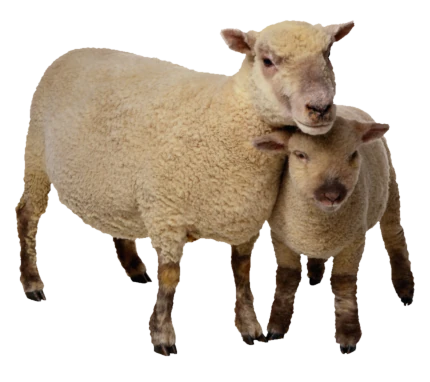The diet with the lowest impact on the environment was found to come from vegans, who eat a plant-based diet and exclude animal products like meat and dairy. Vegans had one-fourth the environmental impact as meat eaters, researchers found.
New research shows that a vegan diet has the least environmental impact and that more people turning to the plant-based eating plan could help the world achieve environmental goals.
The study, led by researchers from the University of Oxford in England, was published Thursday in the journal Nature Food. They compiled dietary data from 55,504 vegans, vegetarians, “fish eaters,” and “meat eaters,” and linked it to data on greenhouse gas emissions, land and water use, water pollution, and potential biodiversity loss using information from 38,000 farms in 119 countries.
Researchers noted that food production has long been associated with environmental impacts, particularly from carbon dioxide production and from water pollution.
“The environmental impact of animal-based foods is generally higher than for plant-based foods because of both direct processes related to livestock management … and indirect processes through the inefficiency of using crops for animal feed rather than directly for human consumption,” they wrote.
The diet with the lowest impact on the environment was found to come from vegans, who eat a plant-based diet and exclude animal products like meat and dairy. Vegans had one-fourth the environmental impact as meat eaters, researchers found. A group who ate meat but not very much of it had a 30% lower environmental impact compared to people who at the most meat. >>MORE
Source: Nourish by WebMD

